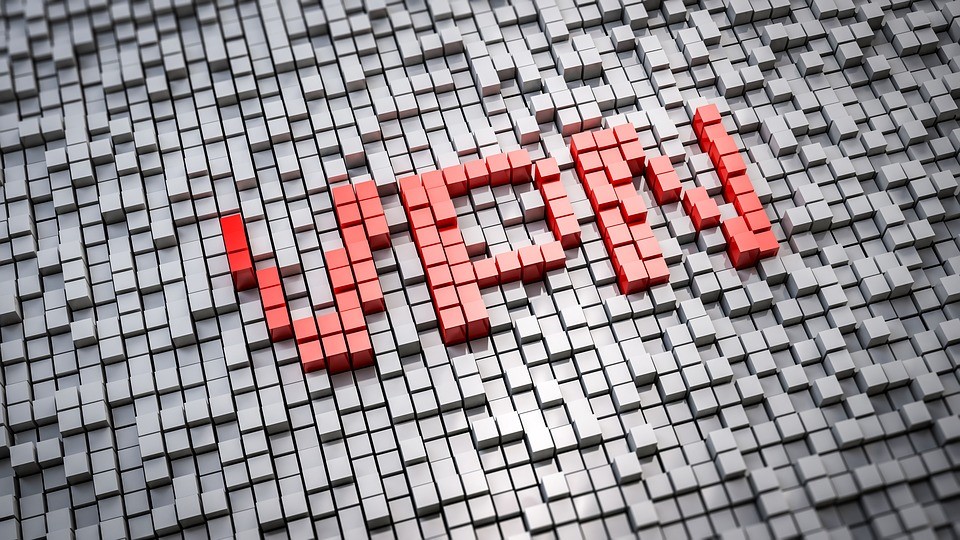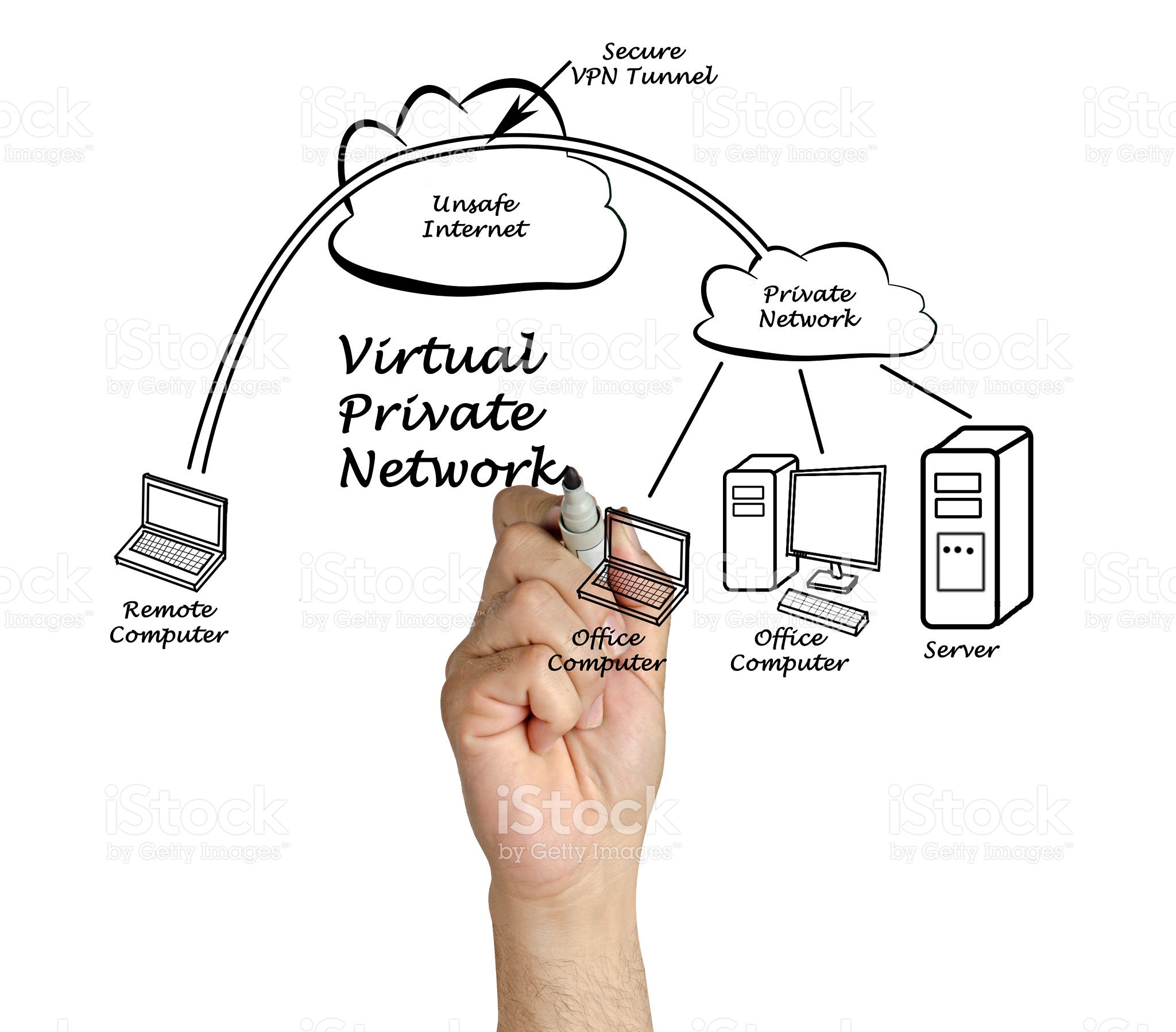
By Warren Miller, contributing writer
Using public Wi-Fi networks can be a very risky proposition — there’s no way of knowing who is monitoring your web searches or copying your passwords. That’s where Virtual Private Networks (VPNs) come in. VPNs allow you to encrypt your online activity when using public internet connections so that you don’t have to worry about someone “eavesdropping” on you while you are online.
There’s a lot at stake
Without encrypting your internet traffic, anyone with a Wi-Fi “sniffer” could monitor your activity and identify your login information, passwords, banking information, or even enough personal information for them to steal your identity. Clearly, if someone captured this information, it could be a financial disaster. Identify theft, in particular, can have long-term repercussions, and it can take years to be resolved. This is also an issue for businesses that use the internet to send financial or other confidential information between branches or to and from a warehouse. If a VPN isn’t used to encrypt this, traffic-sensitive information could be captured by a competitor or a hacker. A competitor could benefit directly from the confidential information and a hacker might hold the information for “ransom.”
Beware: not all public internet gateways are safe
One thing to be aware of when you log into a public internet gateway is that not all gateways are secured. Just because you provide a password to gain access doesn’t mean that it is a secured (encrypted) connection. Your traffic might still be “clear” to a hacker with access to your Wi-Fi signal or the signal that the gateway uses. Usually, the gateway will give you an indication of the security level and your device will usually warn you that the connection is unsecure — but if it doesn’t warn you, that isn’t a guarantee that it IS secure. In general, it is best to be overly cautious when using a public gateway. Don’t use key passwords or expose important information if you don't need to — wait until you know that you are secure.
Benefits
If you do want to use a VPN, there is a plethora of providers available on the web, some of which are available for free. Most free VPN services will offer you a certain amount of data gratis before charging you for exceeding it, so be careful. After you download a VPN app, you can select the country you want to browse from — if you’re outside of the United States, you’ll be able to watch Netflix and access Facebook as if you were still in the country. It also provides protection against state-sponsored and private internet surveillance, as there are many countries that seriously restrict what websites can be accessed through IP addresses located within their borders.

Using a VPN to a secure system. Source: iStock.
Warning against “free” VPNs
You do have to be careful, however. Many free VPN providers will install third-party software or toolbars unless otherwise instructed not to, so be sure to read the terms of service before you click the “Accept” button. There are also plenty of VPN scammers out there that are simply trying to get you to sign up for an account so they can access personal information, so it’s best to stick to reputable services with established track records, even if it means paying a little more.
Net neutrality and VPNs
With the battle for net neutrality ramping up worldwide, internet security is more important — and more difficult to ensure — than ever. VPNs are one tool to protect yourself against the seemingly never-ending intrusions into your online privacy. Some countries, like China, are cracking down on VPN availability in an attempt to limit online freedoms even more. For now, at least, there’s no better way to keep your internet activity to yourself.
For more information:
Never Go Online Without a VPN: Here’s Why
How to Use a VPN
Advertisement
Learn more about Electronic Products Magazine





